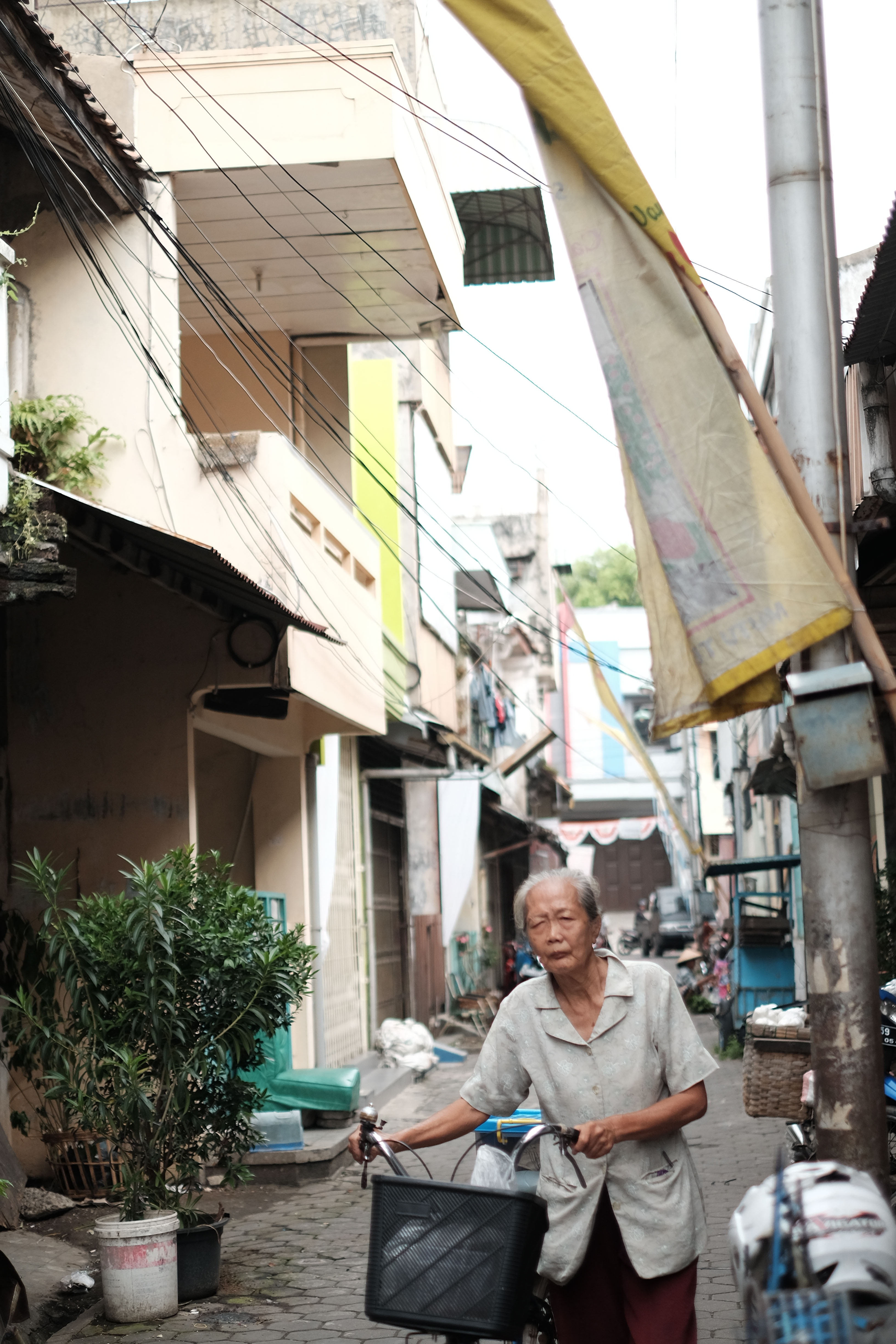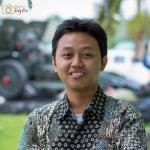This paper is one of a series ACCCRN has commissioned as a set of scoping studies supported by our collaborating partner, the Ecosystem Services for Poverty Alleviation programme (ESPA). They provide insight into how evidence is used (or not) in urban decision-making in the context of ecosystem hazards as cities expand into their broader landscapes. The full Indonesia paper is available through this link.
Indonesia is the 4th most populated country in the world with more than 240 million people. 52% of the population lives is in urban centres. Most of these are rapidly expanding secondary cities. Indonesia has 98 cities, 28 of which have a population over 300,000 people. Whereas overall population growth rate, 2010-2015, is estimated to be around 1%, the urban population growth rate is 2.5%. The National Development Planning Agency (BAPPENAS) estimates that 65% of Indonesians will live in urban areas by 2025.
Within Indonesia, as elsewhere in Asia, rapid urbanization is transforming land-use and communities. The politics behind planning processes are malleable. Trade and the private sector are drivers of urban expansion and able to influence urban development plans. Resilience dialogue, however, generally rests among small groups of civil society actors and rarely includes those wielding direct powers over urbanization processes.
Cities are growing into a startling range of habitats that increase urban vulnerability, especially among the poor. Examples include the densely-populated island of Java, where urban development exposes communities to salt-water intrusion of fresh-water aquifers, and cities in deforested areas of Sumatra and Kalimantan, suffering life-threatening risk from forest fire haze.
Efforts have been made to tackle a lack of trans-boundary coordination, however commitment is low, especially for government administration upstream from where disaster hits. ACCCRN-commissioned interviews and learning events have identified causes as being rooted in a lack of resources to develop and apply solutions.
Political obstacles are also a challenge for governments trying to follow plans implementing better practice when political and personal agendas intervene, especially those involving higher-level decision makers. There are many cases where conservation sites, for example, are rezoned as industrial or residential areas due to a “political agenda” from decision makers attempting show development progress, or increase a city’s economic return. Such cases sacrifice long-term resilience to a short-term vision involving political re-election or receiving good grades from national government, based on monitoring and evaluation tools focused on income generation and expenditure.
Researcher involvement in government programmes, or in other modes of providing information to decision makers is common in Indonesia. Yet their involvement is usually highly technical, such as providing a detailed engineering design for an infrastructure project, and not political. There is therefore no assurance that the research will be used for decision making without political will.
Researchers from local university do become involved in mid / long-term development planning through series of workshops, however this can happen only when there are already strong connections to government officials responsible for the planning development, who have invited the researcher’s participation. Personal relationships are a critical asset in influencing city decision-making, and not surprisingly, also for national government.
As building city resilience requires a comprehensive understanding of numerous sectors, to support city governments and surrounding administrations, researchers should seek to play roles in addition to technical information providers, acting as facilitators for different city government agencies and administration to work together, building capacity and knowledge over areas of common interest.
Research conducted in collaboration amongst several different institutions is recommended to strengthen influence and power. Opportunities arise from:
- Currently the Indonesia government nationally and locally is prioritizing climate change resilience into their agendas. Although this process has only recently started it presents a window of opportunity for researchers to play roles in leading assessments that will need to be undertaken by governments as required by national policy.
- Donor culture has now shifted to providing funding to cities that have already prepared vulnerability and risk assessments, and resilience strategies. This presents opportunities for researchers in provide input to the required documents the local government needs to access donor investment for government program implementation
- Cities in Indonesia are now competing to become the most innovative and SMART (usually relating to use of technology in government administration and management). Demand for innovative solutions to urban and climate change problems are very high, and this can be an opportunity to improve researcher influence through applicable technology, prototypes, and practical solutions for decision makers.





